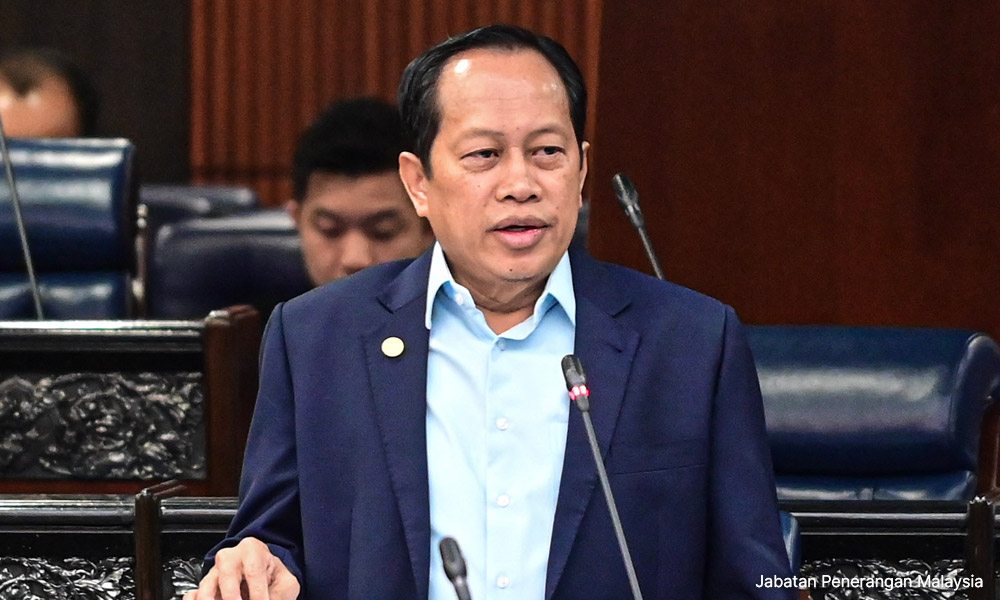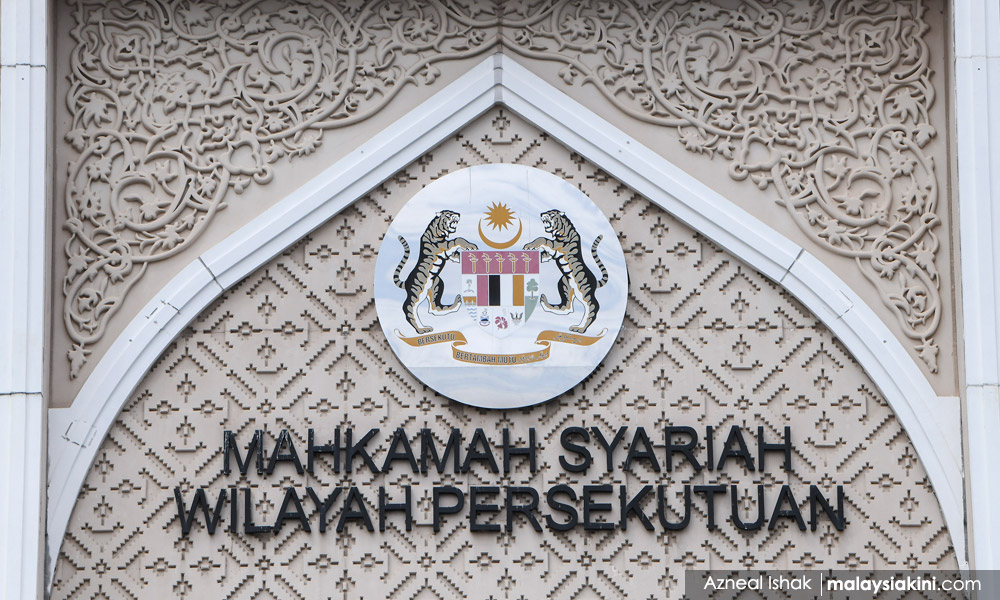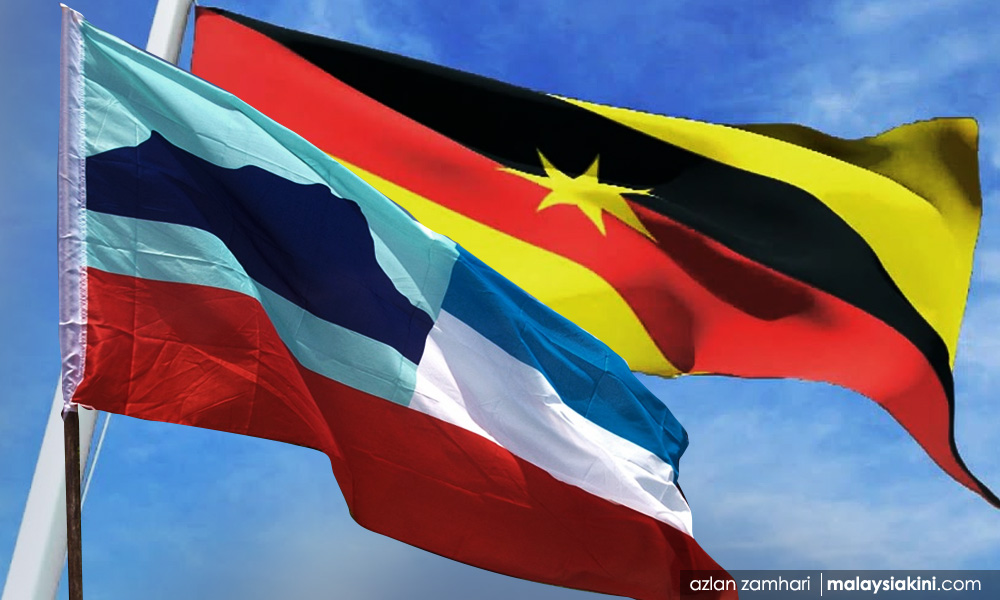LETTER | Ever since the government stopped regulating school bus fares in 2015 to pave the way for the industry to be more sustainable, there has almost been a yearly increase.
Rising school bus fares have now become a perennial issue. It is time for the government to intervene to assist parents, especially the low-income and B40 groups, burdened by the increase.
Even M40 parents with school-going children would feel similar pressure!
Every year, we would see a tussle between parents and school bus operators who came up with lots of justifications to justify the increase in fares.
Both sides need help and supporting one party may be to the detriment of the other.
This is why the government must step in to lessen the burden of parents who are already facing a host of “vicious cycles” in the name of high inflation and rising costs. The relevant authorities must look at the root cause of this matter.
 Ahmad Maslan
Ahmad Maslan Last year, targeted subsidies for diesel carried out by the government, as announced by the then-deputy finance minister Ahmad Maslan, were not applied to school buses and public transport.
The MySchoolBus programme, which was introduced by Kuala Lumpur City Hall (DBKL) many years ago, is something that the government ought to examine carefully.
The Federal Territories Ministry launched the MySchoolBus programme as one of five programmes under the Wilayah Prihatin effort to lessen the people’s financial burden.
Since 2017, some 9,700 pupils from the Public Housing Project (PPR) have participated in the programme.
However, in keeping with its premise, the programme is periodically updated by placing more emphasis on comfort, safety and the capacity to meet the number of pupils in need.
The initiative has 450 operators and a fleet of 900 buses to provide free school bus services to Kuala Lumpur to serve the B40 and M40 demographic.
Currently, the service benefits 15,128 students in Kuala Lumpur.
Expand programme
It is time for such a free school bus programme to be expanded to other areas, especially in big cities, to help the population, in particular the urban poor.
In Miri and Kuching, for example, the programme managed by local authorities was reported to have been implemented - where the cost of the fare per student was borne by the local authorities in the area.
Our neighbouring country, Singapore, for example, has introduced school bus subsidies under its Education Ministry Financial Assistance Scheme for primary schoolchildren, covering 65 percent of their monthly school bus fees.
The government should consider these alternatives to reduce the burden on parents. Ironically, a huge RM600 million was set out in Budget 2024 for Prasarana to purchase more feeder buses.
It is a move that caused some concerns, considering the current fleet is underutilised and offers passengers little to no benefit.
Hence, redirecting these monies to assist with the nationwide rollout of the MySchoolBus initiative would be a viable and better alternative.
Writer is a research analyst for Institut Masa Depan Malaysia.
The views expressed here are those of the author/contributor and do not necessarily represent the views of Malaysiakini.








 English (US) ·
English (US) ·